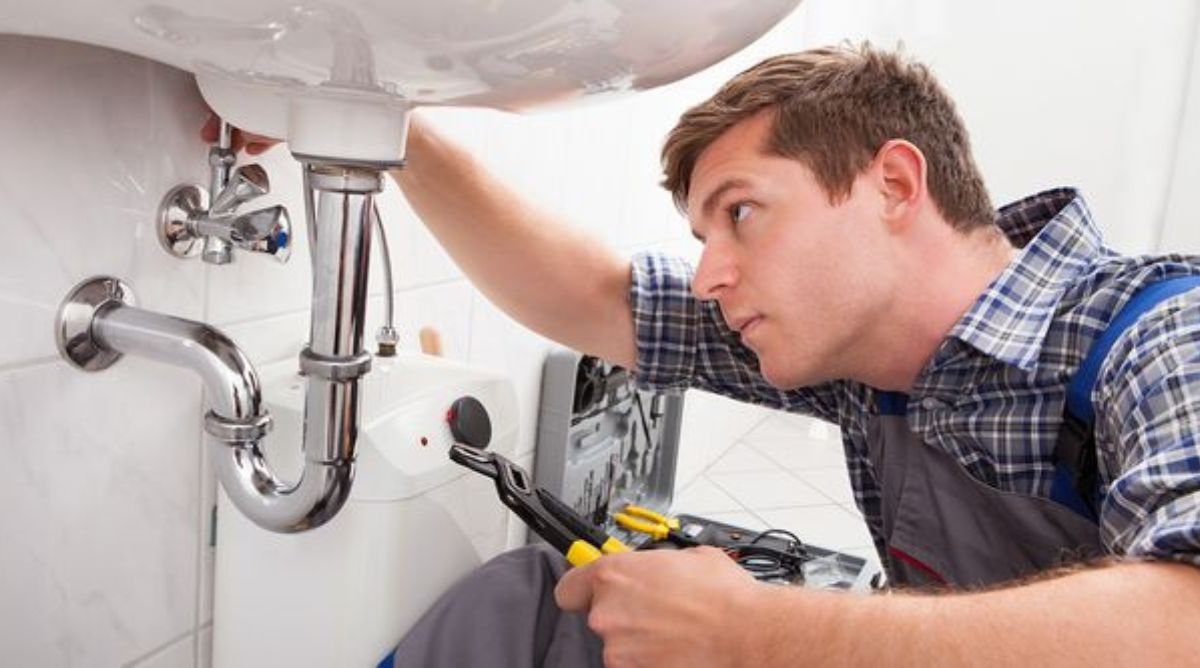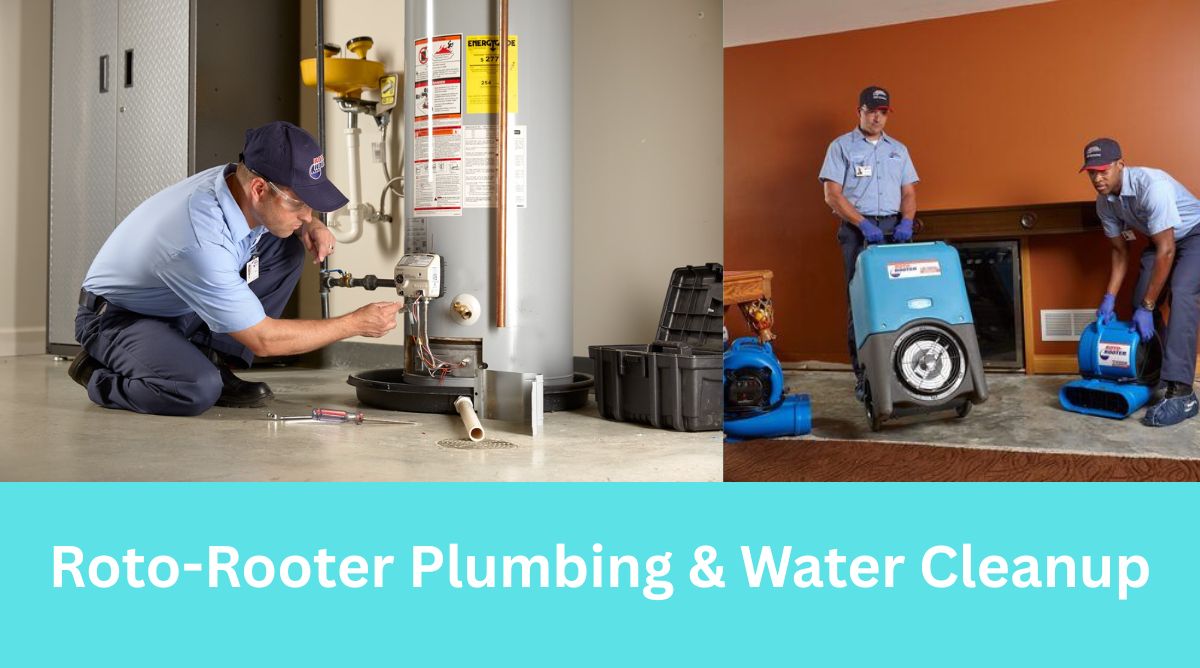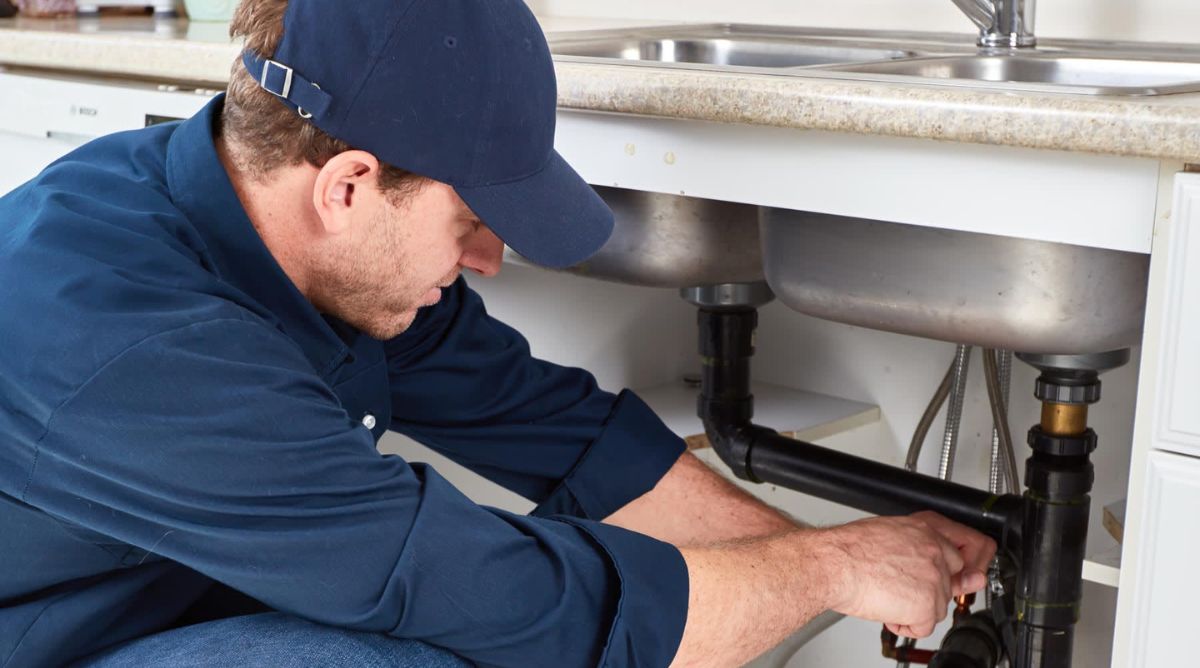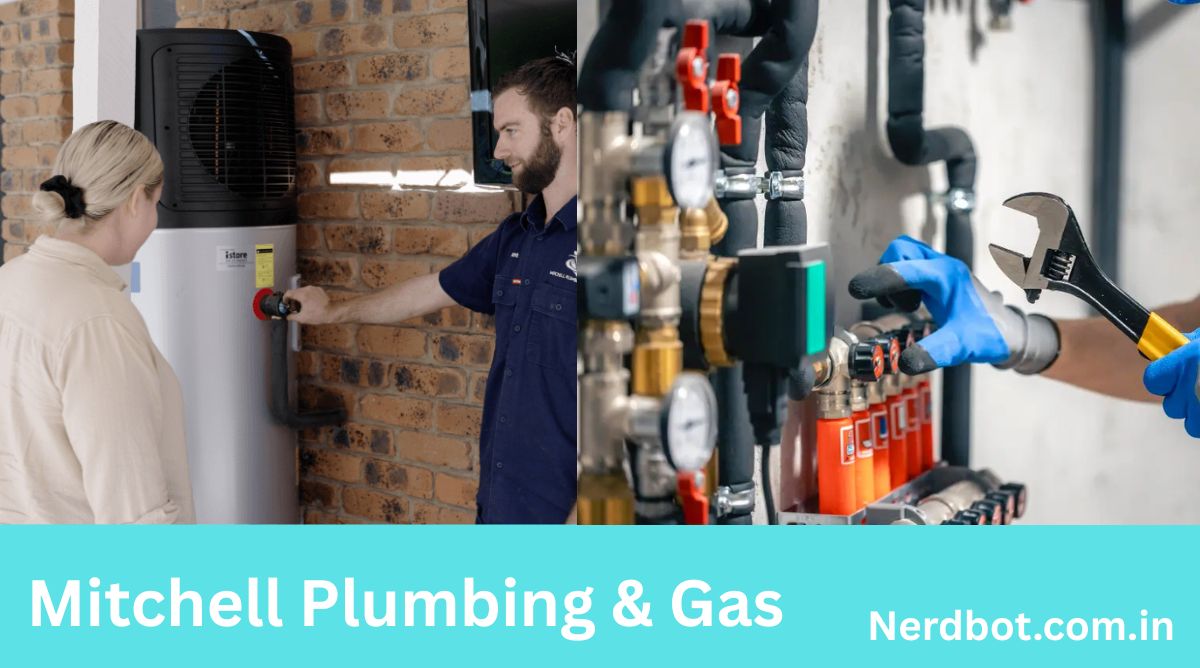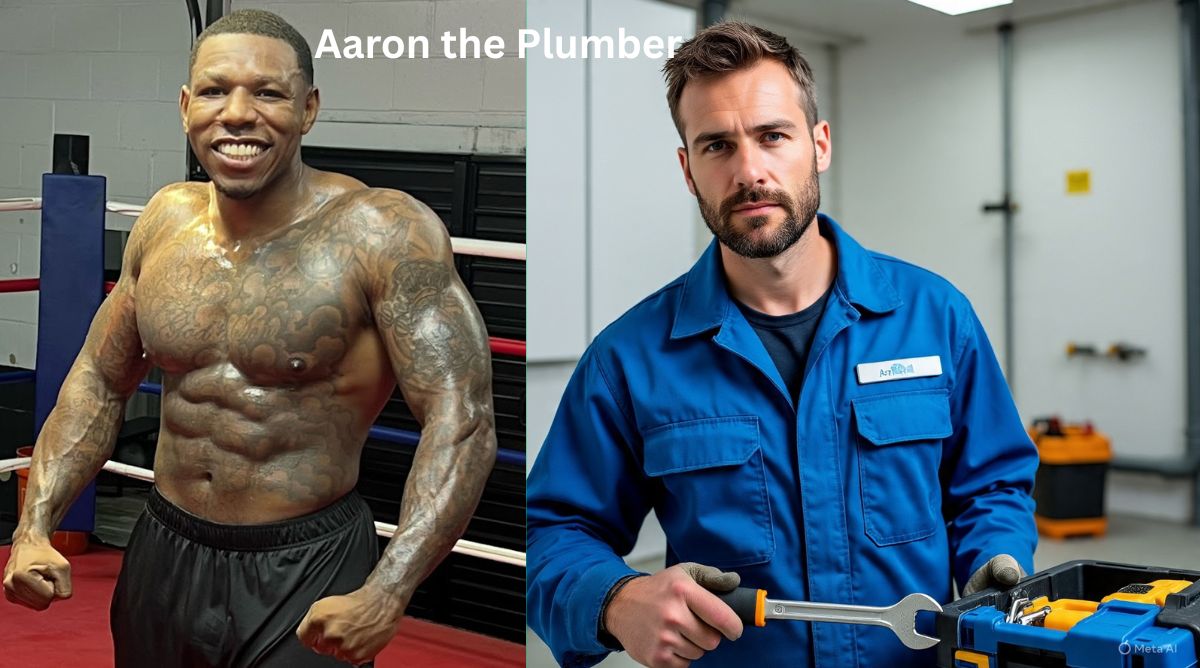Plumbing emergencies can strike at any time—day or night—causing damage, inconvenience, and even health hazards. Whether it’s a burst pipe, an overflowing toilet, or a broken water heater, finding emergency plumbing services near me quickly becomes a top priority. In such situations, time is of the essence, and having a reliable local plumber on speed dial can make all the difference.
This comprehensive guide will explore what emergency plumbing entails, how to identify a true emergency, what to expect from professional services, and tips for finding the best 24/7 plumbers in your area.
What Are Emergency Plumbing Services?
Emergency plumbing services are specialized solutions offered by professional plumbers to address urgent plumbing problems that can’t wait for regular business hours. These services are typically available 24/7, including weekends and holidays, ensuring help is always within reach.
Common Emergency Plumbing Issues Include:
- Burst or leaking pipes
- Clogged drains or toilets causing backups
- Broken or leaking water heaters
- Sewer system blockages
- Flooding due to appliance malfunction
- Gas leaks (often handled by licensed plumber-gas fitters)
These problems can cause extensive property damage, disrupt daily life, and even pose safety risks if not resolved quickly.
Signs You Need Emergency Plumbing Services
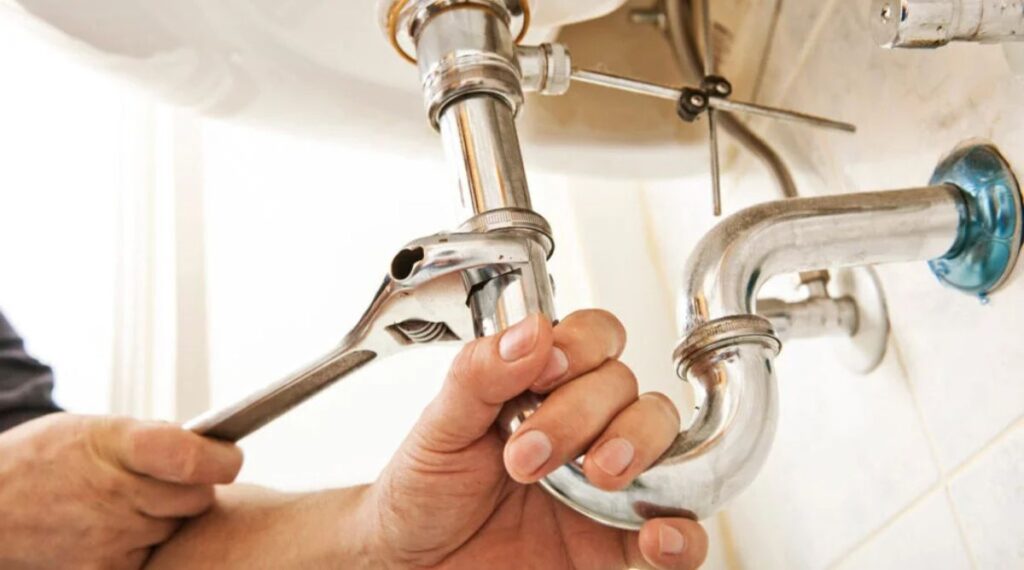
Not all plumbing problems require immediate attention. However, there are several indicators that point to a genuine emergency.
1. Water Damage
If you notice water pooling on floors, seeping through walls, or dripping from ceilings, it’s likely a pipe has burst or a fixture has failed. Unattended water damage can ruin structures and invite mold growth.
2. Sewage Smell or Backups
A foul odor coming from drains or sewage backing up into sinks and tubs is not just unpleasant—it’s dangerous. It indicates a possible sewer line blockage or failure.
3. No Water Supply
A sudden and unexplained lack of water in your home can be a sign of a burst main, frozen pipes, or other critical issues.
4. Overflowing Toilets
If your toilet overflows and you can’t stop it using a plunger, shut off the valve and call a plumber immediately to prevent contamination and water damage.
5. Gas Leaks
Some plumbing professionals are licensed to handle gas lines. A gas leak (marked by the smell of rotten eggs) is an urgent health and safety emergency—leave your home and call emergency services and a plumber immediately.
Benefits of Hiring Local Emergency Plumbing Services
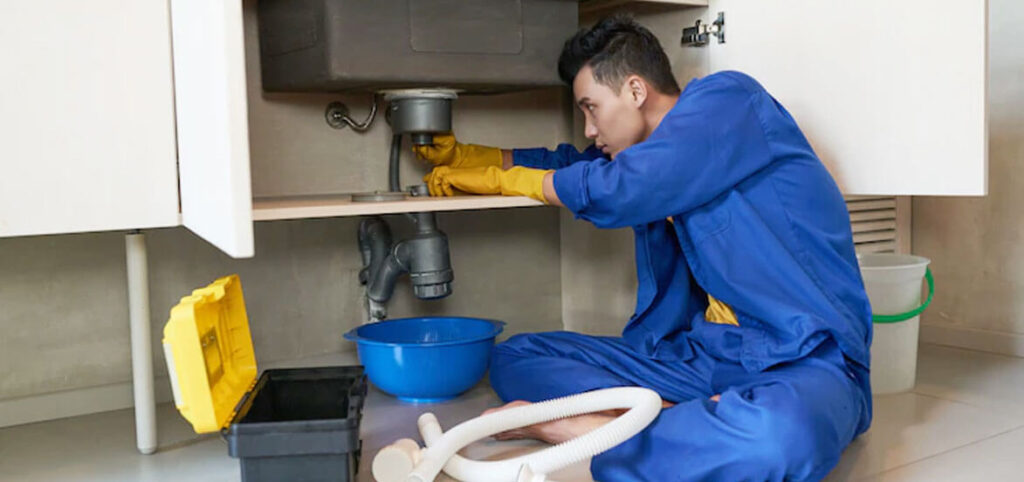
When searching for emergency plumbing services near me, choosing a local company offers several key advantages.
Faster Response Time
Local plumbers can reach your home quickly, minimizing damage and stress during emergencies.
Familiarity with Local Infrastructure
Experienced local plumbers understand the area’s building codes, water systems, and weather-related plumbing challenges like frozen pipes or stormwater flooding.
Availability of Tools and Parts
Local services are often better stocked for common plumbing issues and can get your system back up and running without waiting for parts.
Community Trust
Local plumbing companies thrive on reputation. You’re more likely to get honest, high-quality service from someone who values your recommendation.
What to Expect from an Emergency Plumbing Visit
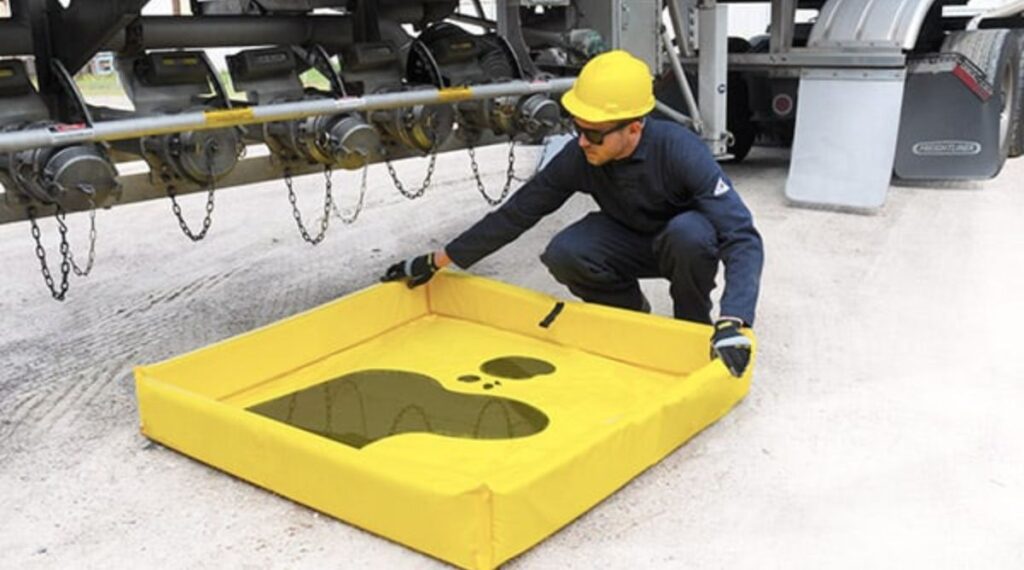
When a licensed plumber arrives at your property during an emergency, here’s what typically happens:
- Initial Assessment: The plumber will quickly evaluate the issue and ask questions to understand the severity and history.
- Shut-Off and Containment: They’ll take immediate action to stop water or gas flow and limit further damage.
- Diagnosis: Using tools like cameras, pressure gauges, or leak detectors, they’ll identify the root cause.
- Repair or Temporary Fix: Depending on availability of parts and the time of day, the plumber may do a complete repair or apply a temporary fix.
- Quote and Documentation: You’ll be given an upfront estimate before major work continues.
- Post-Service Advice: After repair, the plumber may recommend upgrades or maintenance to prevent future emergencies.
Cost of Emergency Plumbing Services
Emergency plumbing services typically cost more than regular weekday plumbing visits due to:
- After-hours labor fees
- Travel time and urgency
- Special tools or parts needed
Average Cost Breakdown (May Vary by Location):
| Service Type | Approx. Emergency Cost (USD) |
|---|---|
| Pipe burst repair | $200 – $800+ |
| Water heater emergency service | $150 – $600 |
| Drain cleaning | $150 – $500 |
| Sewer backup | $300 – $1,000+ |
| Toilet repair | $150 – $400 |
Always request an estimate and confirm if there are call-out charges, especially during weekends or holidays.
How to Find Reliable Emergency Plumbing Services Near Me
In emergencies, you may be tempted to call the first number you find online. But not all services are equal. Use the following tips to find trusted local professionals:
1. Use Google Maps or Local Directories
Search “emergency plumbing services near me” on Google Maps and look for:
- High star ratings (4.5+)
- Verified business listings
- “Open now” or “24-hour service” tags
2. Check Online Reviews
Websites like Yelp, Trustpilot, and Facebook often feature customer reviews that reveal a company’s reliability, pricing, and punctuality.
3. Verify Credentials
Look for:
- Licensing and insurance
- Accreditation by plumbing associations
- Local certifications (especially for gas fitting)
4. Ask About Guarantees
Reliable plumbers should offer warranties on parts and labor. This protects you from recurring issues after the emergency fix.
5. Emergency Contact Number
Ensure the company has a dedicated emergency line, not just an office answering machine.
DIY Plumbing Tips Before Help Arrives
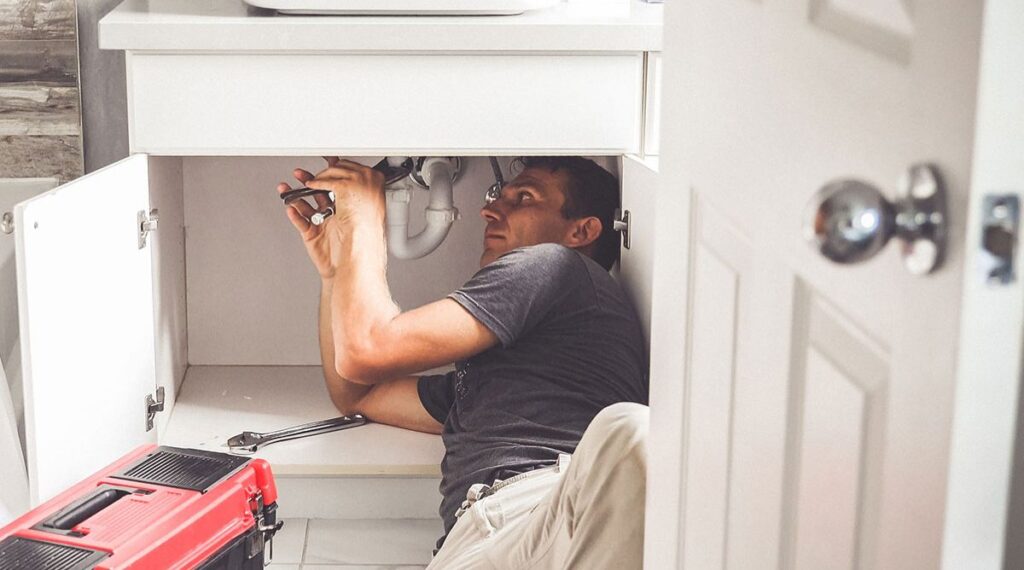
While waiting for the plumber to arrive, there are steps you can take to reduce damage:
Shut Off the Main Water Valve
Locate your home’s main water shut-off (usually near the water meter or under the kitchen sink) and turn it clockwise to stop the flow.
Turn Off Electricity
If water is leaking near appliances or electrical outlets, shut off power at the circuit breaker for safety.
Try Temporary Seals
Use plumber’s tape, towels, or buckets to contain smaller leaks and protect flooring.
Don’t Use Chemical Drain Cleaners
They can damage your pipes or worsen the clog, and may react with substances your plumber needs to use.
Emergency Plumbing for Businesses
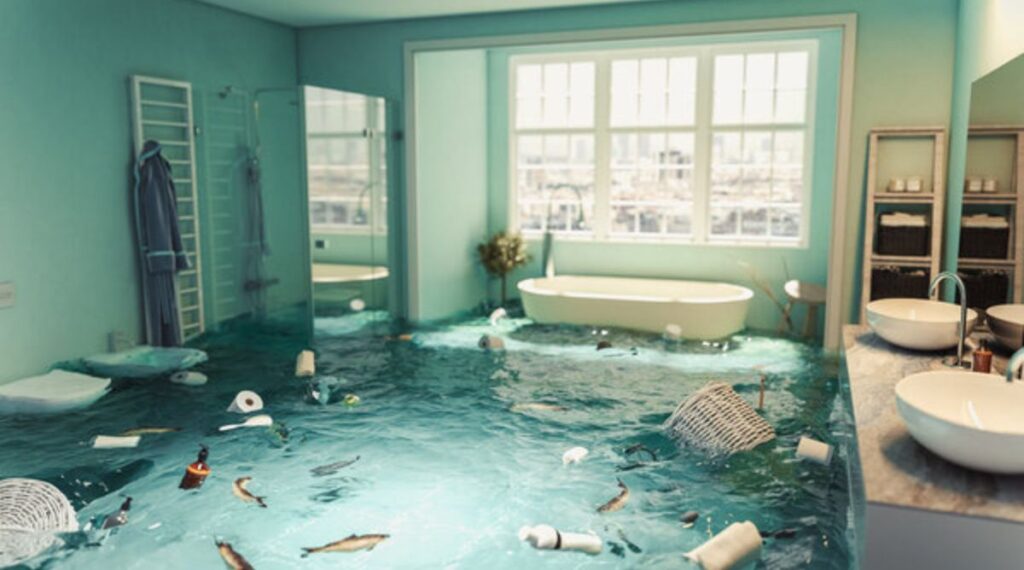
Plumbing emergencies don’t just affect homes. Restaurants, offices, and retail spaces can face massive operational setbacks due to:
- Backed-up toilets or sinks
- Leaking ceilings
- Frozen or broken pipes
- Flooded kitchens or washrooms
Many emergency plumbing services near you offer commercial emergency response, often with contracts for 24/7 on-call service to reduce downtime.
Preventing Future Plumbing Emergencies
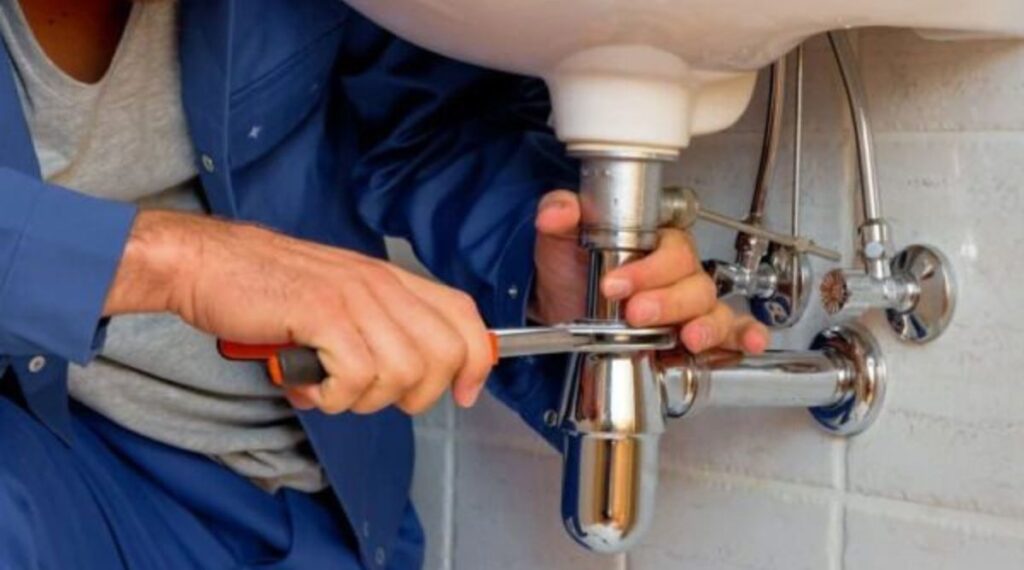
Once your current emergency is resolved, consider these steps to reduce the risk of future crises:
Regular Inspections
Schedule plumbing checks every 12–24 months to catch small issues before they escalate.
Insulate Pipes
In colder climates, pipe insulation prevents freezing and bursting in winter months.
Upgrade Fixtures
Old pipes and outdated appliances are prone to failure—upgrading improves efficiency and reduces risk.
Install Leak Detectors
Smart water sensors can alert you to leaks before visible damage occurs.
Educate Family Members
Teach everyone how to shut off water and gas lines in an emergency.
Top Questions to Ask an Emergency Plumber
Before hiring an emergency plumber, ask these essential questions:
- Are you licensed and insured?
- What’s your call-out fee for emergencies?
- How soon can you arrive?
- Do you carry common parts with you?
- Is your work guaranteed?
- Can I pay by credit card or insurance claim?
Being informed helps you avoid hidden fees or unqualified technicians.
Link to Explore More:
To understand how plumbing systems operate in residential and commercial buildings, visit Wikipedia – Plumbing
Conclusion
When disaster strikes, the last thing you want is to scramble through dozens of listings wondering, “Where can I find reliable emergency plumbing services near me?” By identifying the signs of a plumbing emergency and acting swiftly, you can prevent further damage and restore normalcy to your home or business.
Emergency plumbers are trained to handle high-pressure situations efficiently and professionally. Whether it’s a late-night burst pipe or a weekend sewage backup, knowing who to call—and what to expect—can save you time, money, and stress.
Be proactive: research local services in advance, keep emergency numbers handy, and prepare your home with basic plumbing knowledge. When the unexpected happens, you’ll be ready.






